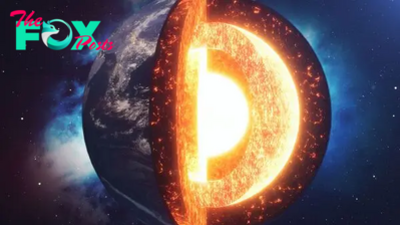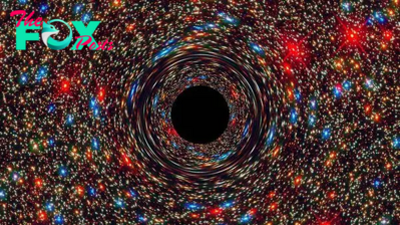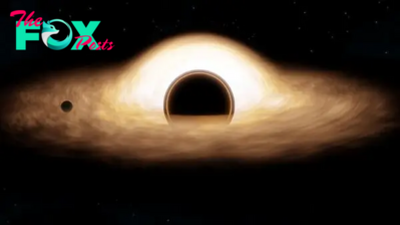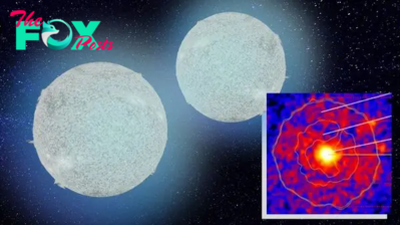Science
Earth is wobbling and days are getting longer — and humans are to blame
The length of Earth's days and the orientation of our planet are being thrown out of balance as human-caused climate change continuously alters Earth's spin, new research suggests.
Initially, these changes will be imperceptible to us, but they could have serious knock-on effects, including forcing us to introduce negative leap seconds, interfering with space Travel and altering our planet's inner core, researchers warn.
A day on Earth lasts about 86,400 seconds. But the exact time it takes our planet to complete a single rotation can shift by tiny fractions of milliseconds every year due to a number of factors, such as tectonic plate movements, changes to the inner core's rotation and gravitational tugging from the moon.
However, human-caused climate change is another factor that can alter the length of our days, and scientists are just starting to realize how much this will affect our planet's spin in the coming years.
Over the past few decades, the rate of ice loss from Earth's polar regions, particularly Greenland and Antarctica, has been increasing rapidly due to global warming, leading to rising sea levels. Most of this extra water accumulates near the equator, causing our planet to bulge slightly around the middle. This, in turn, slows the planet's spin because more weight is distributed farther away from the planet's center — similar to how spinning figure skaters slow down by moving their arms away from their bodies.
In the new study, published July 15 in the journal PNAS, researchers used an advanced artificial intelligence program that combines real-world data with the laws of physics to predict how the planet's spin will change over time.
Related: 15 unexpected effects of climate change
-

 Science23h ago
Science23h agoGet one of our favorite star projectors for less than $20 at Amazon
-

 Science23h ago
Science23h agoJuly's full 'Buck Moon' rises this week — and signals a big lunar transition is on the way
-

 Science1d ago
Science1d agoEarth's plate tectonics fired up hundreds of millions of years earlier than we thought, ancient crystals reveal
-

 Science1d ago
Science1d agoJoin Space.com's 25th Anniversary Virtual Panel on July 17: The Next 25 Years of Space Exploration — To the Moon, Mars and Beyond
-

 Science1d ago
Science1d ago20 satellites fall from sky after catastrophic SpaceX rocket failure, triggering investigation
-

 Science2d ago
Science2d agoBlack hole growth is slowing down in the universe. New research could help explain why.
-

 Science2d ago
Science2d agoWhat would happen if a black hole wandered into our solar system?
-

 Science2d ago
Science2d agoEarth from space: Gravity waves spark pair of perfect cloud ripples above uninhabited islands

























